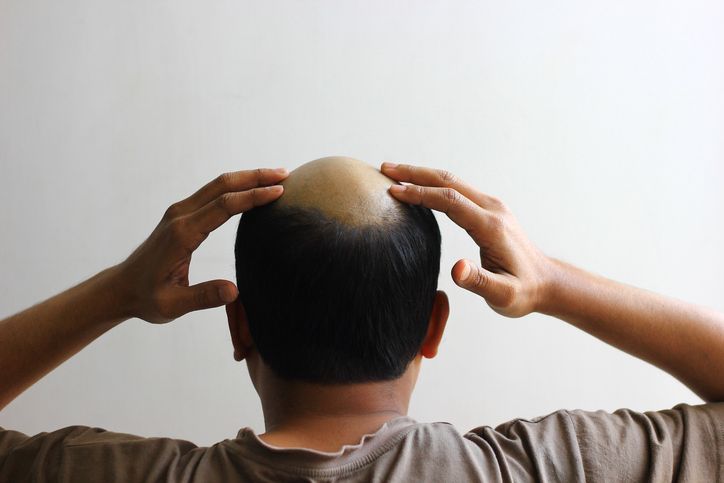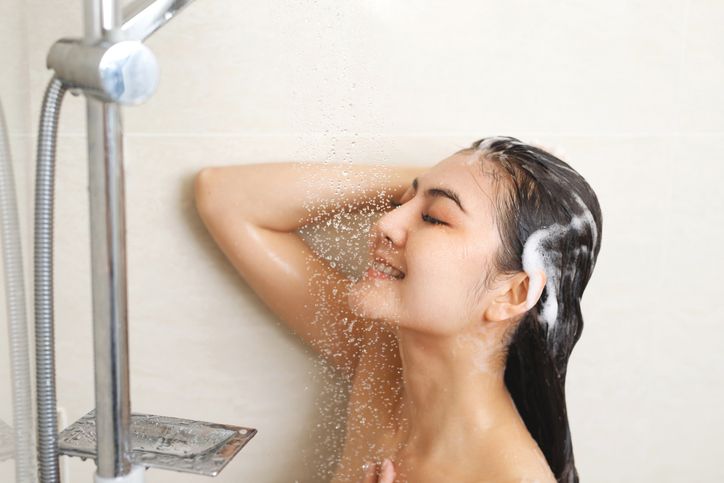
- Home
- Trend
- Weight Loss Strategies
- Acne Tips
- Hair Health Information
- Blemish Removal Tips
- Acne Scar Removal Tips
- Muscle Building Techniques
- Intimate Care Tips
- Postpartum Intimate Care
- Eye Bags Wiki
- Tips for Face Slimming
- Secret of Permanent Hair Removal
- Breast Enlargement Tips
- Cure to Snoring
- Marionette Lines
- Skin-Tightening Secrets
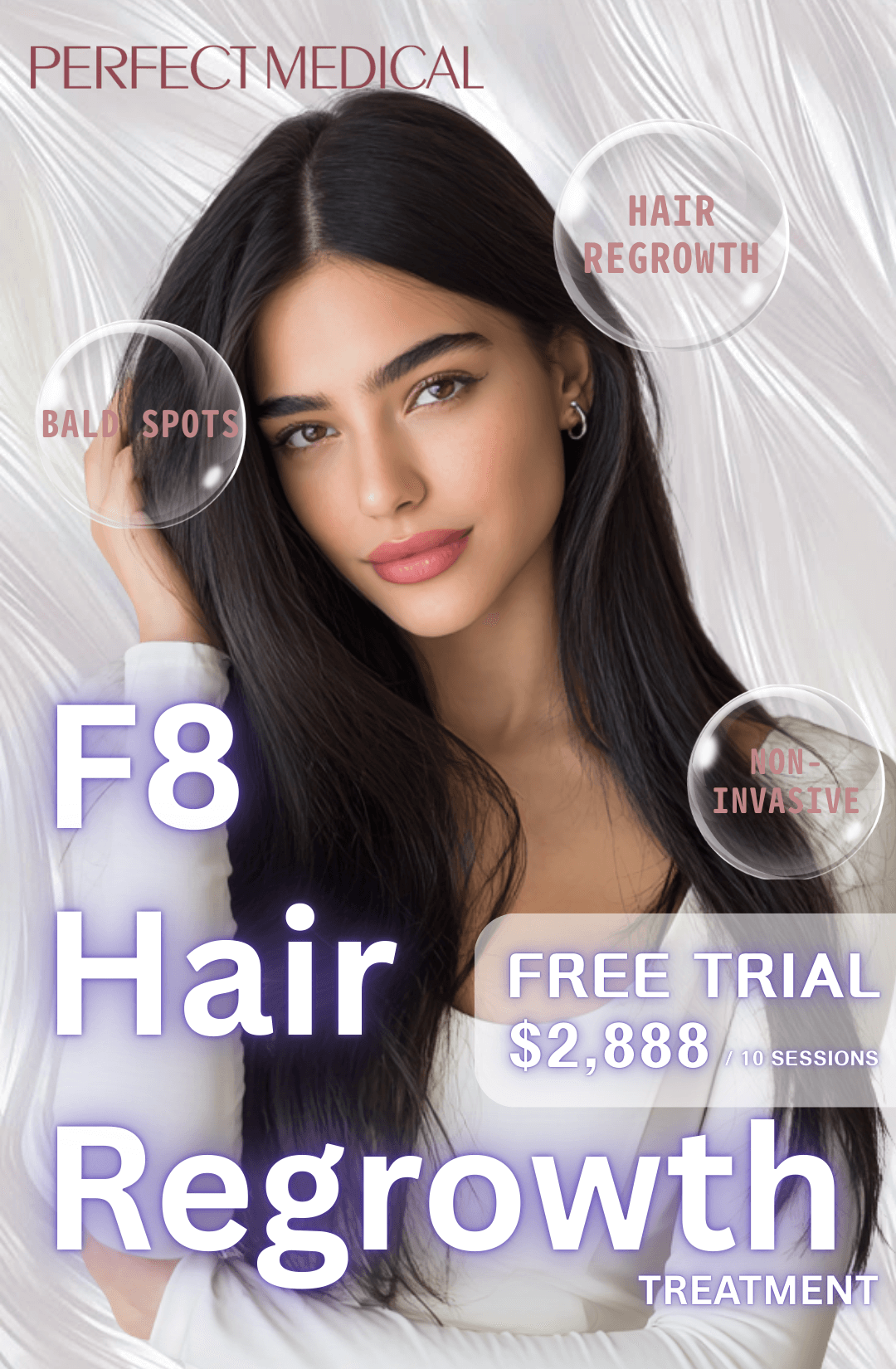
免費體驗
F8 Hair Regrowth Treatment
1 Minute Self-Registration
Date should not be before minimal date
Getting a full, healthy head of hair isn't just about luck; it's about knowing the right steps and paying attention to the details of male hair growth. Genetics play a big role, but there's also a key player in the background that makes a big difference in how your hair looks and feels. Let's get into a simple guide that shows you how to speed up hair growth for men.
1
What Exactly Is Dermal Papilla Cell?
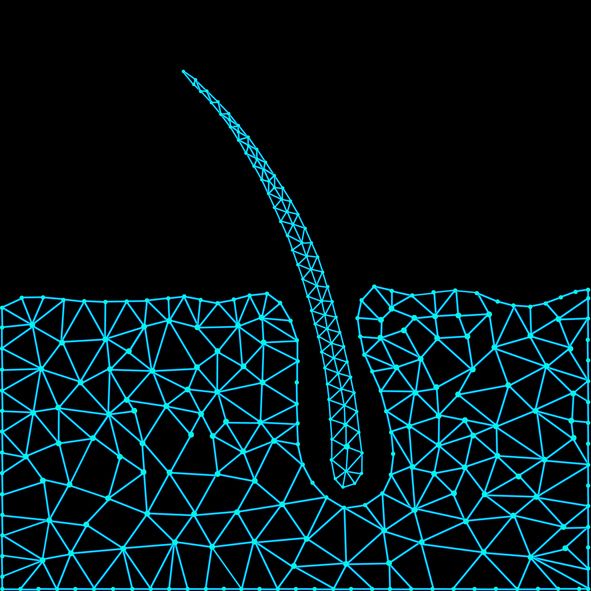
Anagen Phase (Growth Activation)
Catagen Phase (Transition Regulation)
Telogen Phase (Resting Modulation)

2
Other Key Functions of Dermal Papilla Cells And How It Can Affect Hair Growth
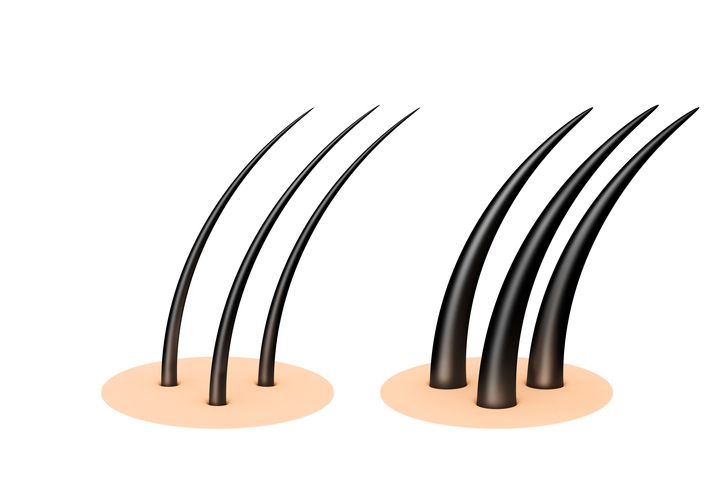
1. Creating Hair Follicles
2. Making the Hair Shaft
3. Reacting to Hormones
- How to Check Signs For Hair Loss with Just Two Fingers — Tips From A Pro Taiwanese Stylist
- Hair Loss Causes in Hong Kong: 5 Solutions You Need
- Combat Hair Loss Effortlessly: Everything you have to know about Hair Transplant
- Top Hair Regrowth Centers In 2026: 5 Tips To Pick The Right Treatment Without Regret
3
How Do I Maintain The Amount Of These Cells To Enjoy Optimal Hair Growth?
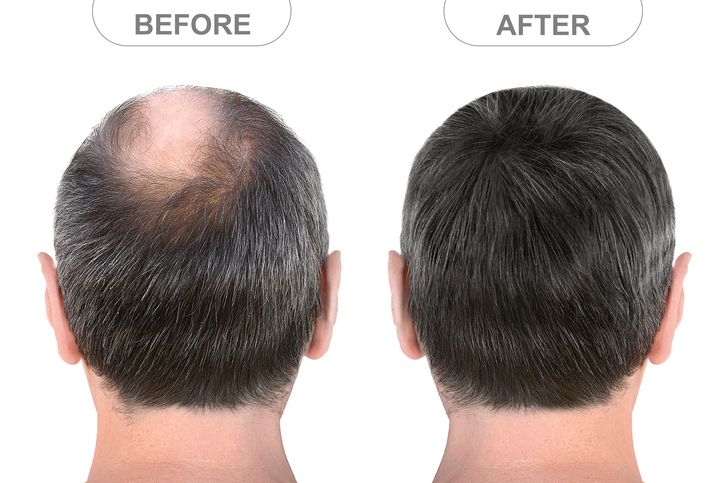
Why is this a good alternative to cell treatment? How can it promote optimal hair growth?
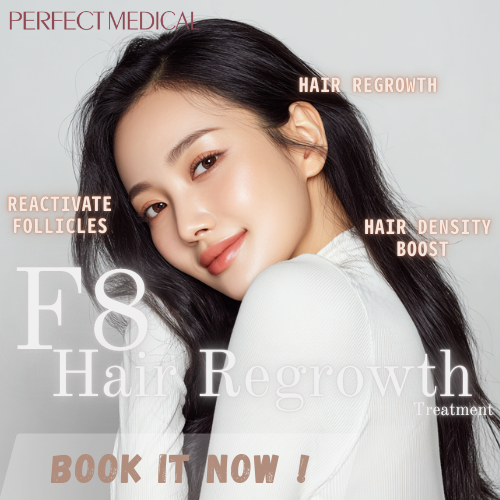
4
8 Healthy Hair Habits to Make Your Hair Grow Faster Aside from Treatments

1. Maintain a Hair-Friendly Diet
2. Keep Your Scalp in Good Shape
3. Manage Stress Levels
4. Minimise Harsh Hair Treatments
5. Scalp Massage
6. Consider Hair Growth Supplements Wisely
7. Protect Your Hair from Environmental Damage
8. Stop Smoking
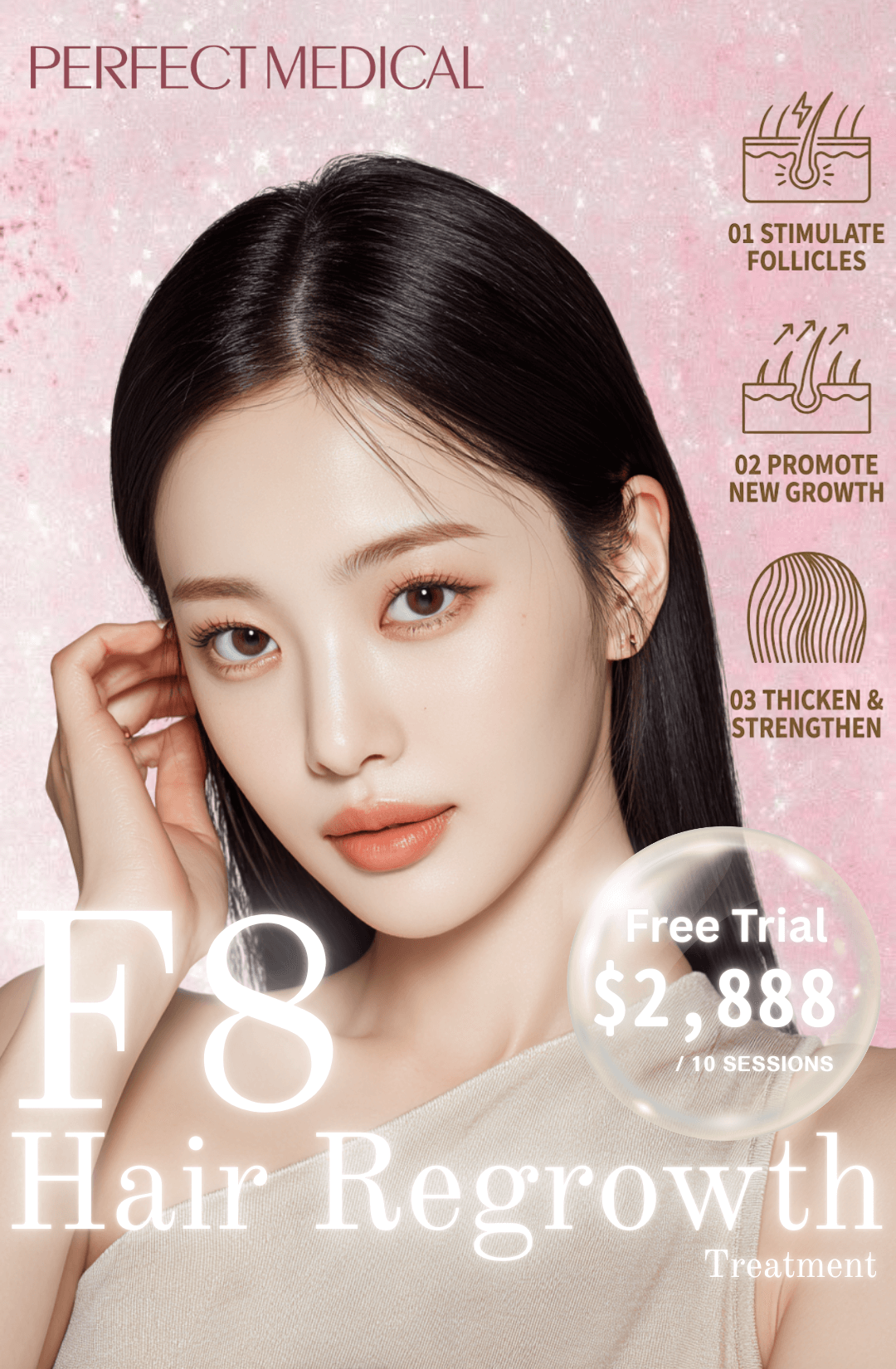
免費體驗
F8 Hair Regrowth Treatment
1 Minute Self-Registration
Date should not be before minimal date
5
Conclusion

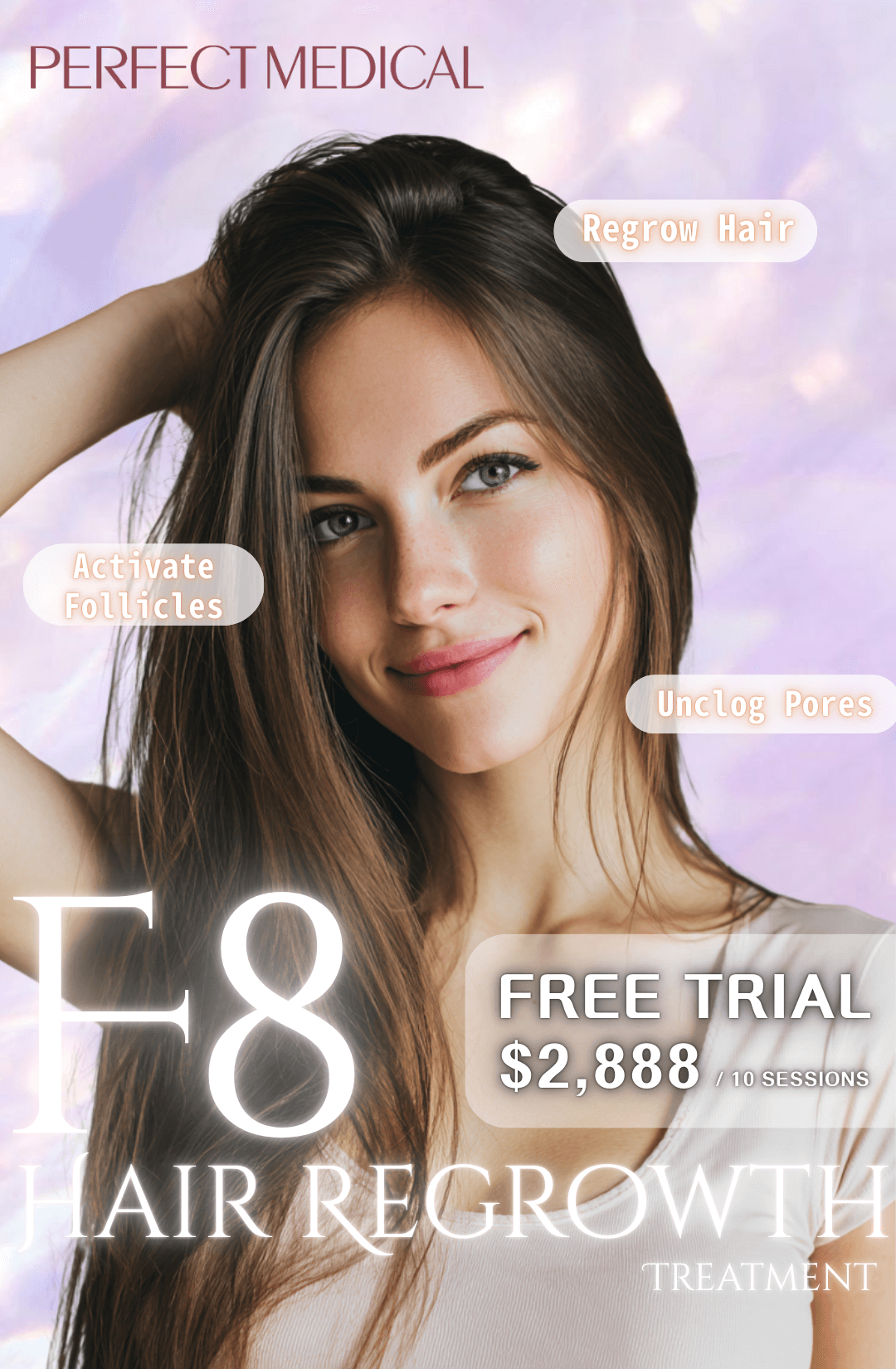
免費體驗
F8 Hair Regrowth Treatment
1 Minute Self-Registration
Date should not be before minimal date
FAQ

1. Why does my hair grow so slowly, and how can I make it grow faster?
Slow hair growth can be influenced by factors such as genetics, age, health, and diet. To support faster hair growth, focus on a healthy diet rich in proteins, vitamins, and minerals, manage stress, avoid tight hairstyles that can strain your hair roots, and use hair products formulated to support hair growth. Regular scalp massages with hair oils can also stimulate the blood flow, encouraging active growth.
2. How can I increase the thickness of my hair if it feels like it's thinning?
Increasing hair thickness involves stimulating the active growth phase and improving overall scalp health. Ensure you're following a healthy lifestyle that includes a balanced diet, sufficient hydration, and regular exercise. Consider using hair products specifically designed to regrow hair and increase thickness, such as those containing minoxidil for pattern hair loss. Avoiding harsh treatments and keeping your scalp free of dead skin cells can also help.
3. What should I do if my hair falls out more than usual?
If you're experiencing unusual hair falls, first identify if it's due to temporary hair loss causes like stress, nutritional deficiencies, or specific hair care practices. Improving your diet, using gentle hair products, and avoiding styles that pull tightly on your hair can help mitigate this issue. However, if you suspect an underlying condition such as pattern hair loss or autoimmune hair loss, consulting a professional or even doctor is advisable as normal people will not go through sudden hair loss in bulk.
4. Can certain hair types grow longer and faster than others?
Yes, hair growth speed and the maximum length your hair can grow are influenced by your hair type and genetic predisposition. Straight hair, for example, might appear to grow faster and longer more easily than curly hair due to its structure. Regardless of hair type, maintaining a healthy scalp, using the right hair products, and following a healthy lifestyle can support hair growth and improve hair health.
5. What exactly is the role of dermal papilla cells in hair growth?
Dermal papilla cells play a crucial role in hair growth. Situated at the base of the hair follicle, these specialised cells interact with surrounding tissues to regulate the growth and cycling of hair. They provide essential signals and nutrients to the hair follicle, influencing its development, maintenance, and regeneration. Without the support of dermal papilla cells, hair follicles may become dormant or produce weaker, thinner hair strands, leading to hair loss or thinning. Understanding the functions of dermal papilla cells is essential for comprehending the mechanisms underlying hair growth and exploring potential interventions for hair-related disorders.





